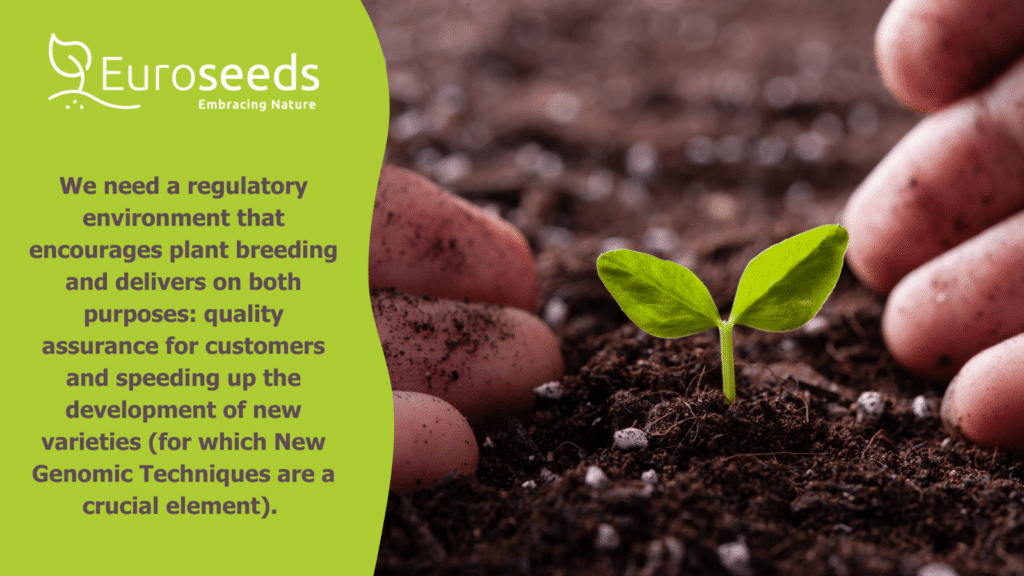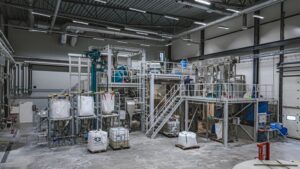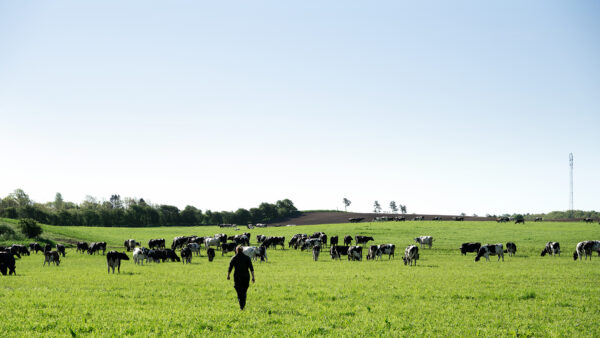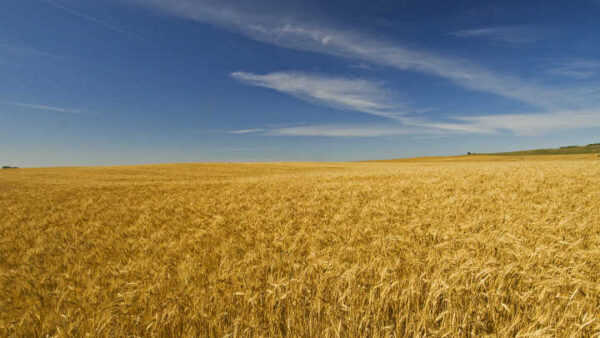As the main deadline for the 2030 targets of the EU’s Farm to Fork strategy approaches, the food chain actors push for solution-oriented policies and tools setting a clear path towards an innovative and more sustainable approach for our food systems.
Although the strategy’s targets to make the EU’s agri-food sector greener are ambitious, it has been acknowledged in several studies that reaching the 2030 goals will come at a price for EU farmers along with the whole European agri-food chain sector, especially without the key legislative and financial support.
Several studies have been recently released as the evidence that some of the targets will have negative impacts for the agri-food sector:
The HFFA Research GmbH study provided an assessment of the potential effects of plant breeding until 2030 and 2040 in light of the implementation of the EU’s Farm to Fork and the Biodiversity strategies. The analysis showed that the full implementation of the Farm to Fork and the Biodiversity strategies would potentially result in a reduction of agricultural crop production of more than 20% and demonstrated that plant breeding, driving socio-economic and environmental sustainability in the European Union, can partially compensate production losses potentially resulting from the implementation of the two strategies.
A recent study from the Wageningen University and Research (WUR), the Impact Assessment of EC 2030 Green Deal Targets for Sustainable Crop Production, analysed the impacts on six of the objectives of the Farm to Fork and the Biodiversity strategies with respect to reduction of pesticide use and risk, reduction of nutrient losses, increase of the area in the EU under organic production and increase of the amount of agricultural land under high-diversity landscape features. For the purpose of the study, four different scenarios have been developed with several case studies, the results of which have been used to explore the consequences of the six objectives of the Farm to Fork and the Biodiversity strategies for the production volume of the crops in the EU, market prices, the international trade and indirect land use.
Representing the very first phase of the agri-food chain, the seed sector would also heavily suffer the consequences of significant reduction in the EU food production.
Consequently, one of the key recommendations for increasing the sustainability level of the sector is about ensuring access to key innovation technologies, with special regard to R&D and new plant breeding techniques for tackling the negative impacts of reduction of pesticides and nutrients, especially for permanent crops.
As a precondition for unlocking the potential of plant breeding and related New Genomic Techniques (NGTs), Euroseeds calls for a proper regulatory framework for:
1. Ensuring quality of the final products for the EU and worldwide consumers (the reproductive material meets their demands regardless of the production system, conventional/organic);
2. Fostering and accelerating the development of new varieties (for which NGTs are a crucial element).
Finally, Euroseeds firmly believes the European seed sector can actively contribute to reaching the objectives of the EU Green Deal, specifically the Farm to Fork and the Biodiversity strategies, by unleashing the power of new breeding techniques and tackling Europe’s most pressing environmental challenges.
Source: Euroseeds











